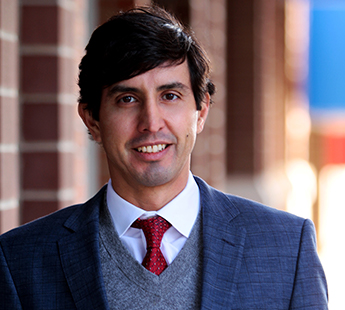How Expert Witnesses Can Help You Win Your Medical Malpractice Case
Medical malpractice results in approximately 10% of the nation’s deaths each year, but it can be challenging to prove without a medical background. Although winning a medical malpractice case can not erase pain and suffering, it can help pay for the ongoing medical treatment and lifestyle changes an injury causes.
To this end, many medical malpractice Attorneys rely upon the testimony of expert witnesses to help prove their clients’ claims. These witnesses should have strong backgrounds within specific health-related fields. They can answer questions and offer opinions regarding specific medical issues.
What Is The Role of an Expert Witness?

Plaintiffs’ Attorneys turn to expert witnesses from a different background to:
- Discuss standards of care
- Provide a diagnosis
- Predict a patient’s prognosis
- Review medical terminology
- Explain medical procedures
- Submit medical statistics
- Discuss side effects
Expert witnesses also shed light upon circumstances that warrant a deviation from standard protocols, what justifies a change, and how it might affect a patient’s outcome.
Who Qualifies To Become an Expert Witness?
Expert witnesses are usually actively practicing in their respective fields; their knowledge must be up-to-date. They may come from a wide variety of backgrounds and commonly include the following professionals. In North Carolina the requirements can be complicated which is why you need an experienced attorney to assist you. A medical negligence claim may not be filed in North Carolina until the attorney has a qualified expert willing to testify, after reviewing all relevant medical records, that the treatment was a deviation from the standard of care.
Physicians
Medical doctors practicing in the same field as defendants can review and understand the details surrounding a patient’s condition. They may also have the advantage of working with other patients with similar circumstances and discuss diagnosis, treatment methods and options, potential treatment risks and side effects, expectations for recovery, and prognosis.
Nurses
Nurses frequently testify in cases involving hospital stays. They perform functional and administrative roles involving patient care and may reveal inadequate procedures that might contribute to poor patient outcomes. They may also reveal care inconsistencies and provide first-hand accounts about how patients respond to their treatments.
Pharmacists
Experts who have a pharmacology background can discuss a physician’s medication recommendations and determine if they are suitable. For example, a pharmacist may testify that a patient’s injury is due to an inappropriate combination of drugs or improper dosages. A pharmacist can also discuss the risks and protocols for prescribing off-label or experimental drugs.
Radiology and Lab Technicians
Radiology and lab results reveal up to 90% of medical conditions, but only if physicians interpret them correctly or use sound equipment to obtain them. Expert technicians may catch something that a physician misses or testify about equipment maintenance issues.
Paramedics
These licensed professionals provide advanced life-saving support before patients arrive at hospitals. They can testify about the urgency of a patient’s treatment requirements and their physical condition before a physician’s intervention.
Don’t Take Chances, Work With Durham’s Top Legal Team
If you trusted a medical professional who caused your injury, and are looking for a high quality, results-oriented law firm, contact our team at Glenn, Mills, Fisher & Mahoney, P.A. to discuss your case. Contact Us Here or call us directly at (919) 683-2135 today!


